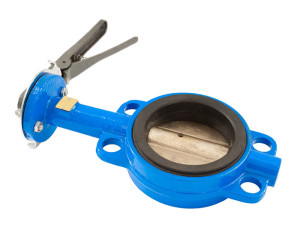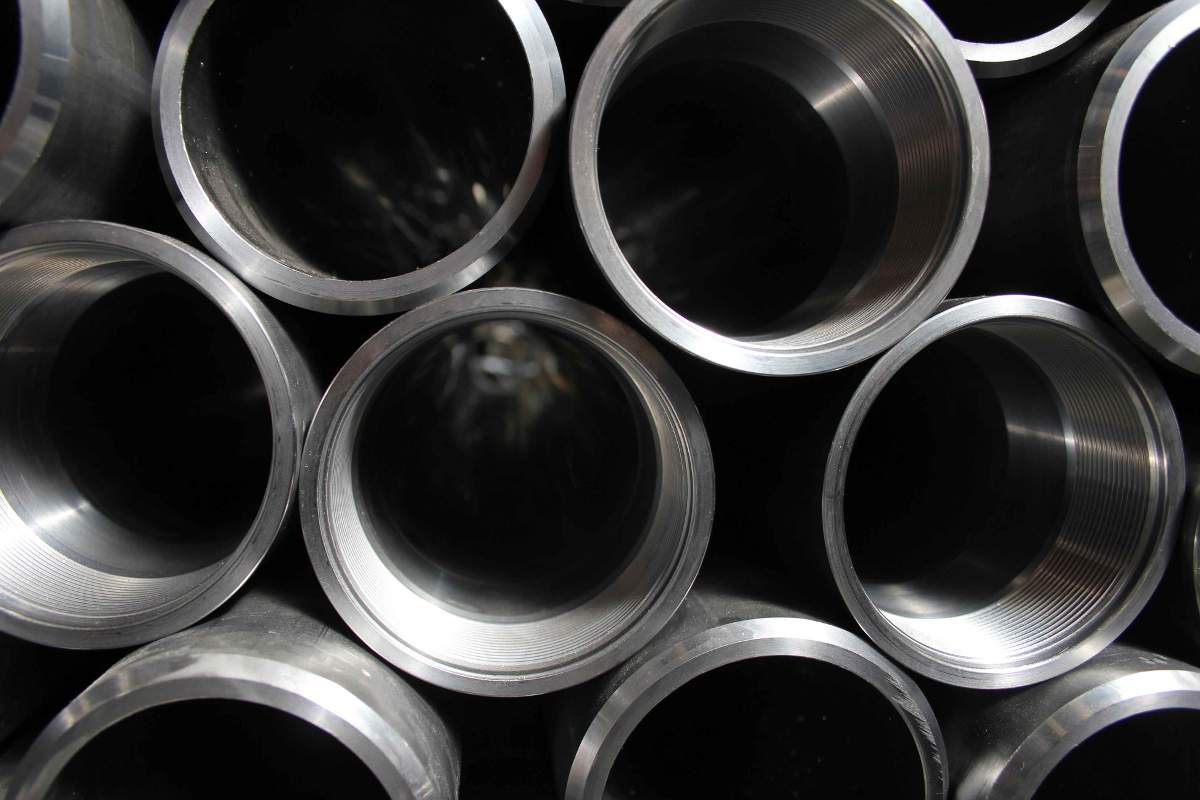For sanitary processes with fluid materials, one the most effective ways of providing a heat exchange system between two different fluids is a plate type heat exchanger. While they are simple in design and functionality, they have to be matched correctly to the system as well as to the liquid.
The Design and Function
The design of the plate type heat exchanger is relatively simple. It includes a series of identical plates, typically made of stainless steel. Stainless steel makes an ideal option as it is corrosion resistant, transfers heat and also very durable, which means the exchanger will have a very long-life cycle.
In the design and often at the four corners, there are holes in each of the plates. There will be several plates in the design based on the differences in temperature of the low to medium pressure liquids in the system. Rubber gaskets are used around each of the holes between plates to keep liquids from mixing.
There is also a pattern on the plates that help to maximize the surface area. The most common shape of these channels is a chevron shape, but there are also other shapes that are possible.
Liquid, either hot or cold, is passed through the alternating channels in the plate type heat exchanger to create the desired temperature change. The two liquids do not make contact with each other, simply the respective side of the plates within the exchanger.
What to Consider
In choosing any type of heat exchanger for sanitary processes, it will be critical to consider the flow rate, pressure, and viscosity of the liquids in the system. The typical plate style of a heat exchanger is ideal for low viscosity fluids.
The size, design and the performance of the specific exchanger in the system will all be critical factors to consider. It will also be important to consider how easy the component will be to clean as this can be a concern with sanitary processes.
To learn more about the use of a plate type heat exchanger in your sanitary processing system, let the team at Lincoln Suppliers provide you with the necessary information. Details on the exchangers we offer can also be found at www.lincolnsuppliers.com.



